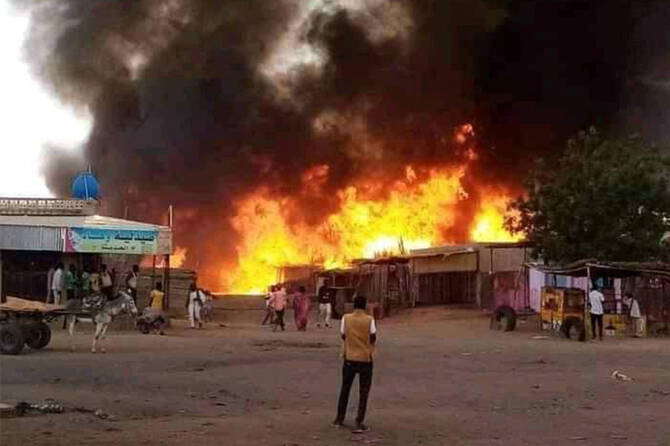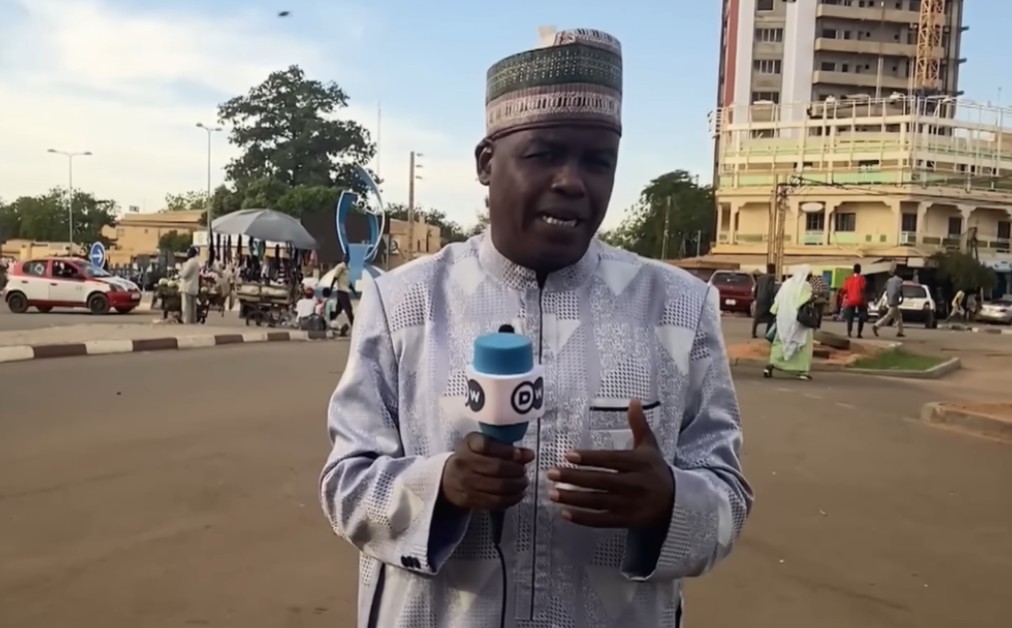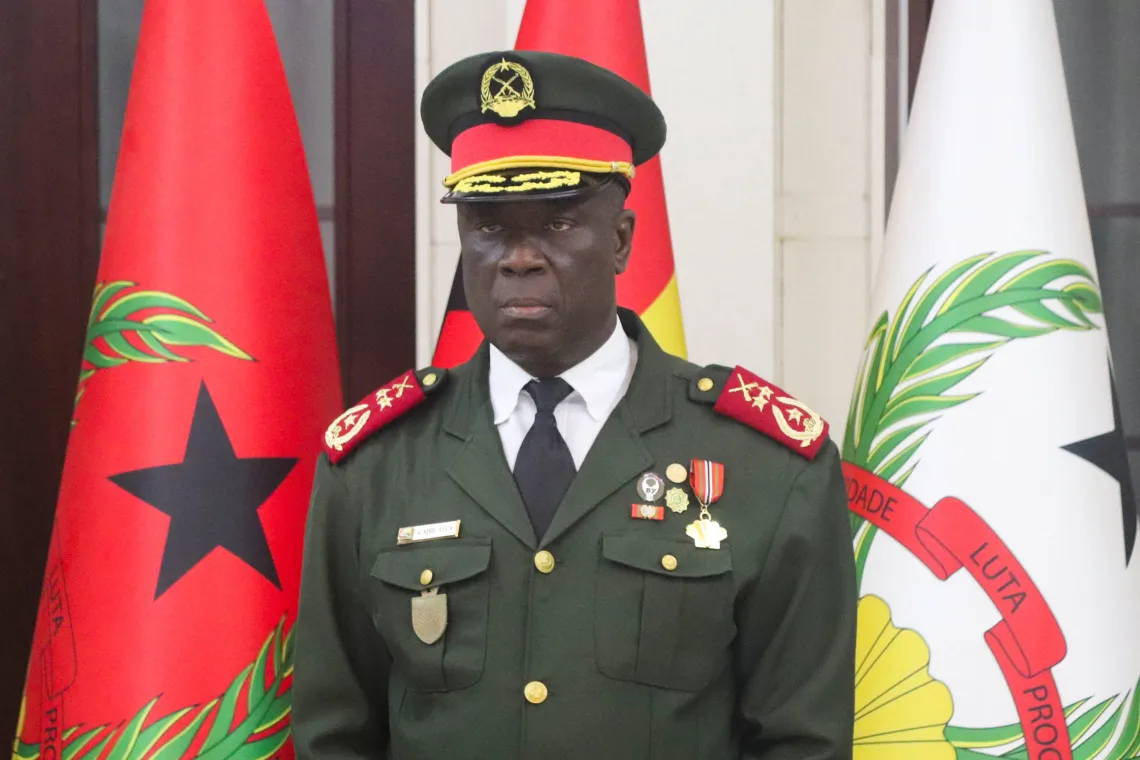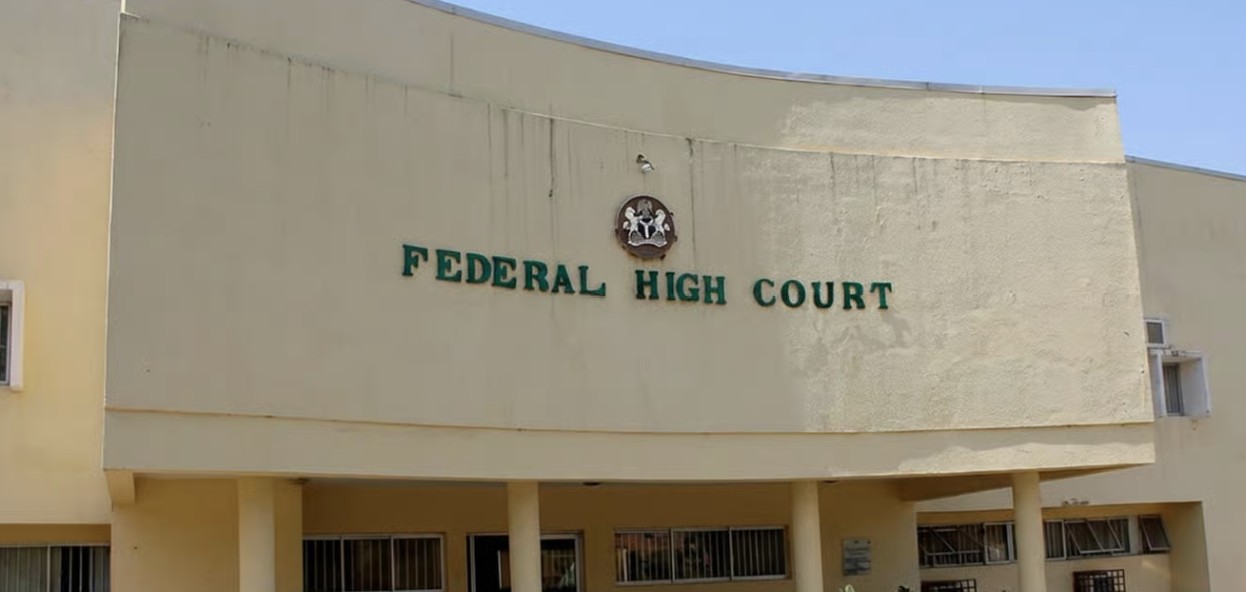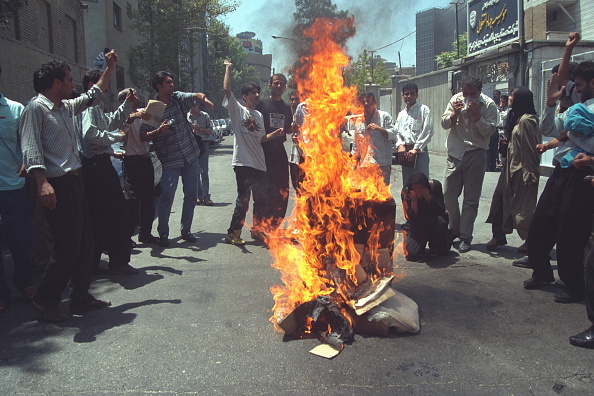
Iran’s War on Journalists: Censorship, Intimidation, and the Fight for Press Freedom
April 23, 2025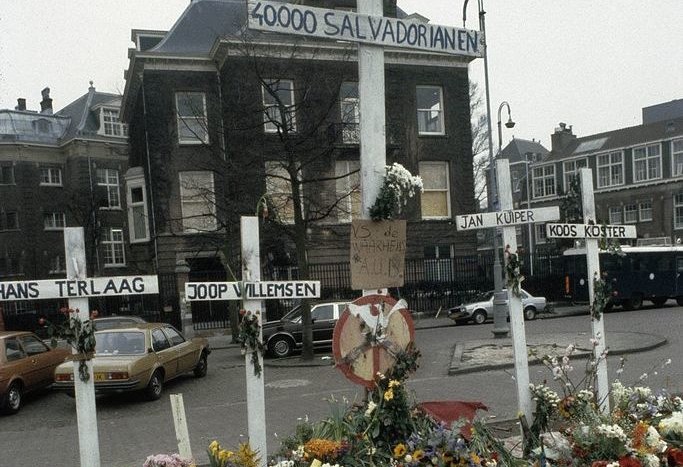
Justice Delayed: Trial for Murder of Dutch Journalists in El Salvador Postponed Again
April 23, 2025April 23, 2025 – Sudan –
As Sudan’s civil war enters its third year, local journalists are confronting extreme risks to document the ongoing conflict between the Sudanese Armed Forces and the paramilitary Rapid Support Forces (RSF). Despite facing violence, censorship, and a near-total communications blackout, many reporters persist in their efforts to shed light on the humanitarian crisis engulfing the nation.
Since the conflict’s onset in April 2023, at least 28 journalists have been killed, with numerous others detained, tortured, or forced into exile. Over 400 journalists have fled the country, yet some continue to report clandestinely, often under dire conditions. In regions like Darfur, where atrocities including ethnic massacres and mass displacements are reported, journalists climb mountains near the Chadian border, holding phones aloft to capture faint signals and transmit their stories to the outside world.
The war has devastated Sudan, displacing over 13 million people and plunging nearly half of the population into food insecurity. Despite the scale of the crisis, international media coverage remains limited, prompting Sudanese journalists to take significant personal risks to report the truth. Many operate in secrecy, lacking necessities like electricity and internet access, and often face threats from both warring factions.
In response to these challenges, Sudanese journalists and international organizations have called for greater global attention and support. A joint opinion piece published in Le Monde by Sudanese media professionals urged the international community to protect journalists and uphold press freedom in the country.
Despite the dangers, the unwavering commitment of Sudanese journalists underscores the vital role of a free press in times of conflict. Their courage ensures that the world remains informed about the realities on the ground, highlighting the urgent need for international intervention and support.
Reference –

